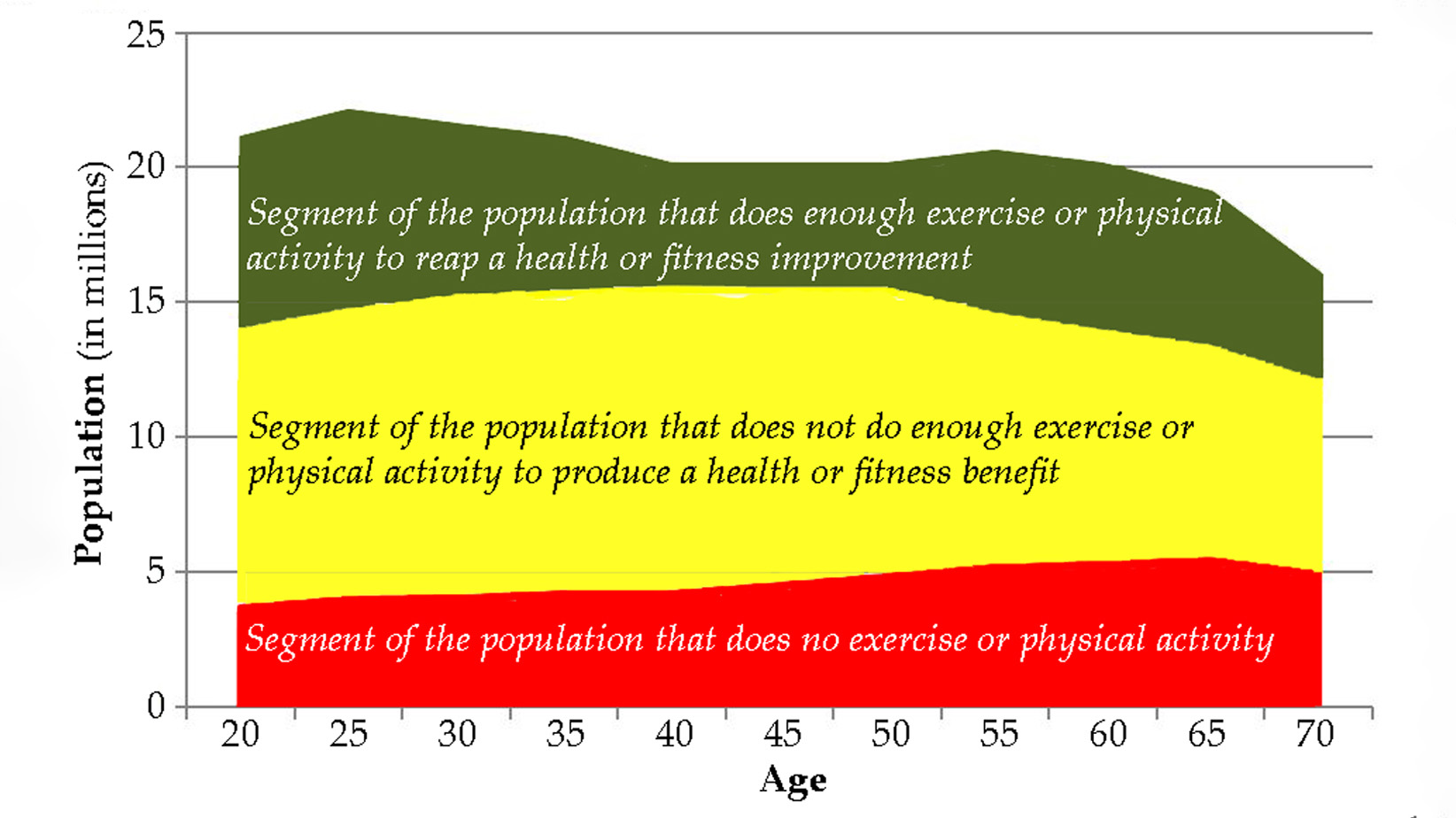-
link to book
- John Maynard Keynes
Summary
In 1921, while at Cambridge University, John Maynard Keynes introduced "A Treatise on Probability," a groundbreaking work that challenged classical notions of probability and put forth a "logical-relationist" theory. Keynes's work serves as a crucial reminder that science, even within the realm of numbers and statistics, is not always an absolute discipline. Rather than sticking to rigid classical interpretations, Keynes argued for an understanding of probability that is fluid and shifts with evidence, emphasizing a logical relation between evidence and hypothesis. Using relatable examples, such as the uncertainty of rain dictating the necessity of an umbrella, Keynes dives into the very nature of uncertainty and the limitations of quantifiable predictions
tise on Probability by John Maynard Keynes
Summary:
In 1921, while at Cambridge University, John Maynard Keynes introduced "A Treatise on Probability," a groundbreaking work that challenged classical notions of probability and put forth a "logical-relationist" theory. Keynes's work serves as a crucial reminder that science, even within the realm of numbers and statistics, is not always an absolute discipline. Rather than sticking to rigid classical interpretations, Keynes argued for an understanding of probability that is fluid and shifts with evidence, emphasizing a logical relation between evidence and hypothesis. Using relatable examples, such as the uncertainty of rain dictating the necessity of an umbrella, Keynes dives into the very nature of uncertainty and the limitations of quantifiable predictions
--------- Original ---------
tise on Probability by John Maynard Keynes
Summary:
In 1921, while at Cambridge University, John Maynard Keynes introduced "A Treatise on Probability," a groundbreaking work that challenged classical notions of probability and put forth a "logical-relationist" theory. Keynes's work serves as a crucial reminder that science, even within the realm of numbers and statistics, is not always an absolute discipline. Rather than sticking to rigid classical interpretations, Keynes argued for an understanding of probability that is fluid and shifts with evidence, emphasizing a logical relation between evidence and hypothesis. Using relatable examples, such as the uncertainty of rain dictating the necessity of an umbrella, Keynes dives into the very nature of uncertainty and the limitations of quantifiable predictions.
--------- Original ---------
Let's start with the truth!
Support the Broken Science Initiative.
Subscribe today →
recent posts
Expanding Horizons: Physical and Mental Rehabilitation for Juveniles in Ohio
Maintaining quality of life and preventing pain as we age.



